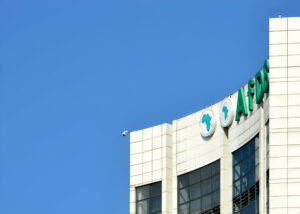South Africa is grappling with a severe egg shortage, prompting calls for regional imports from neighbouring countries, including Zimbabwe, Namibia, Angola, and Malawi. The South African Poultry Association (Sapa) is at the forefront of this push, urging the government to open its borders to address the crisis.
The Hen Culling Crisis
Approximately six million layer hens have already been culled as a result of this shortage, and another three million hens are suspected to be affected. The egg industry, which typically relies on approximately 27 million hens, has been severely impacted by these losses.
Sapa has welcomed the Agriculture Minister’s recent announcement allowing the import of fertile eggs for hatcheries, powdered eggs, and liquid eggs. These measures are seen as crucial in alleviating the ongoing egg shortage. Dr. Abongile Balarane of Sapa noted, “These are good steps to assist the industry during this crisis.”
Calls for Legislative Intervention
In parallel, egg importer Hume International is advocating for legislative intervention to address the egg shortage. They argue that South Africa should reconsider its regulations concerning imported eggs. Currently, these regulations prohibit the sale of imported eggs after 40 days from the date of hatching, despite well-refrigerated eggs remaining edible for up to six months.
Retailers Exploring Import Options
Retailers are also feeling the impact of the egg shortage. Earlier this month, Spar, one of South Africa’s major retailers, announced its exploration of importing eggs from several Southern African countries to mitigate the current supply shortage.
Egg prices have surged in South Africa due to the avian flu outbreak, with some retailers, including Woolworths and Pick n Pay, implementing rationing measures to manage supply. Spar, however, is taking a proactive approach, working closely with suppliers to diversify their sources and ensure a consistent egg supply while reducing the risks associated with shortages. Jacques Roets, the divisional commodities manager for the Spar Group, stated, “This diversification strategy includes discussions with several Southern African countries to potentially import eggs.”
As the nation grapples with this egg shortage, it is clear that a multi-pronged approach, encompassing regulatory changes and regional cooperation, is essential to ensure a stable supply of eggs for South Africans in the coming months. The cooperation between industry stakeholders, government, and retailers will be key in navigating through these challenging times.














